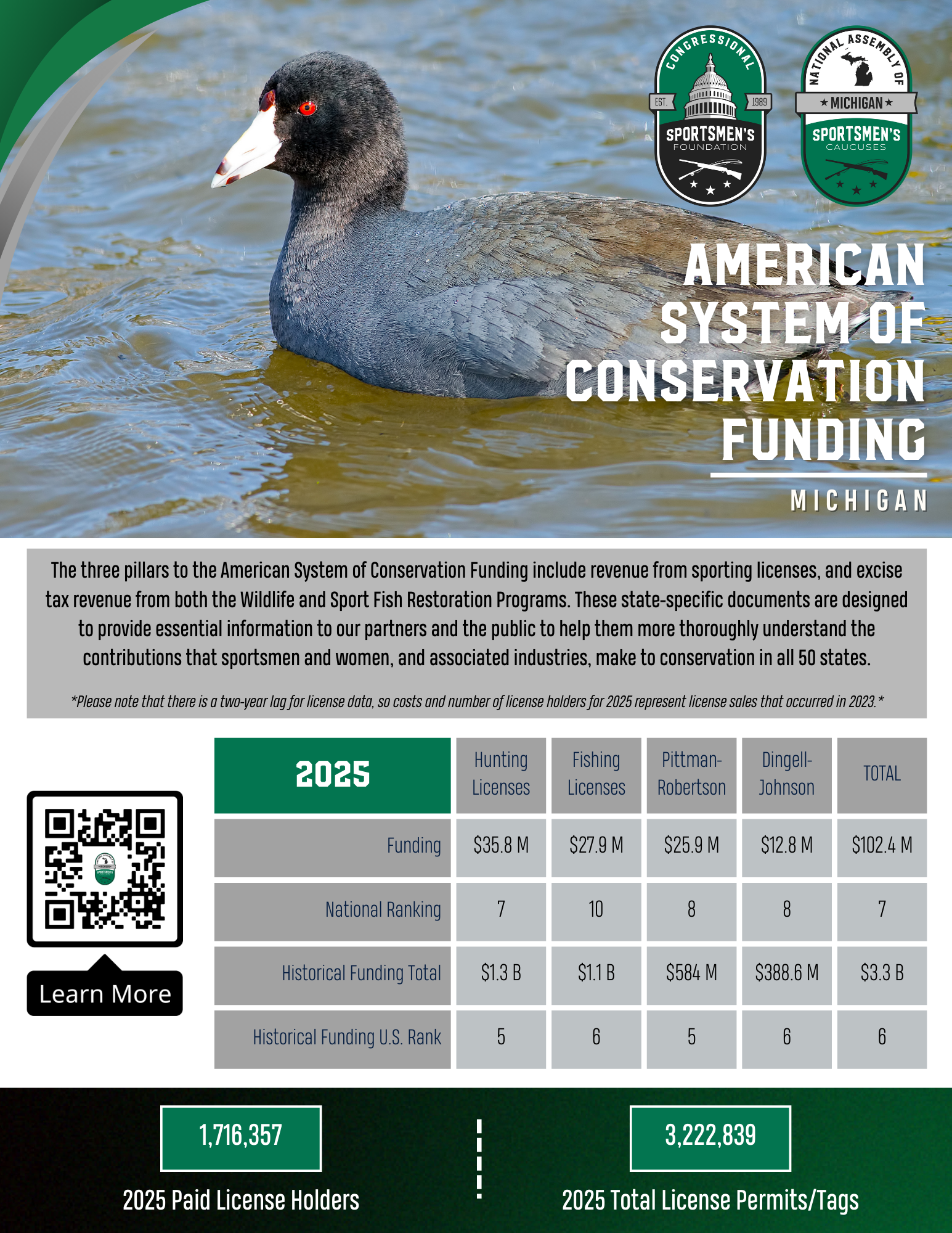The court-mandated review of the Huron-Manistee Land and Resource Management Plan Revision of 2006 has been dismissed. After the U.S. Forest Service approved the plan in 2006, Michigan attorney Kurt Meister sued the Service claiming that it “failed to comply with several of its own regulations and one federal statute in developing its 2006 management …
Huron-Manistee National Forest Anti-hunting Lawsuit Dismissed Read More »














